Community Health Workers
July 21, 2011
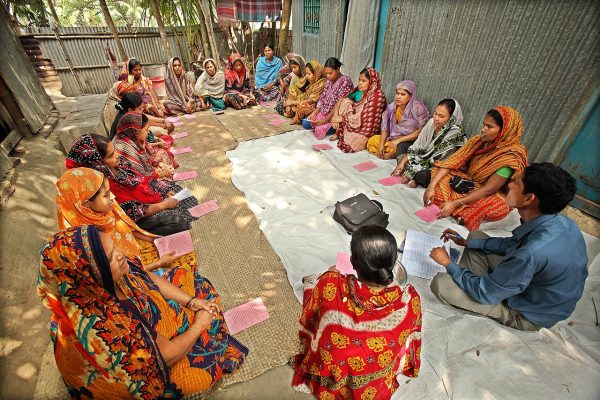
Published by BRAC at Jul 21 2011
Categories
The following was originally posted by Alison Horton on America's Unofficial Ambassadors. Alison is a recipient of the AUA Mosaic Scholarship and is currently volunteering with BRAC in Bangladesh.
July 15, 2011
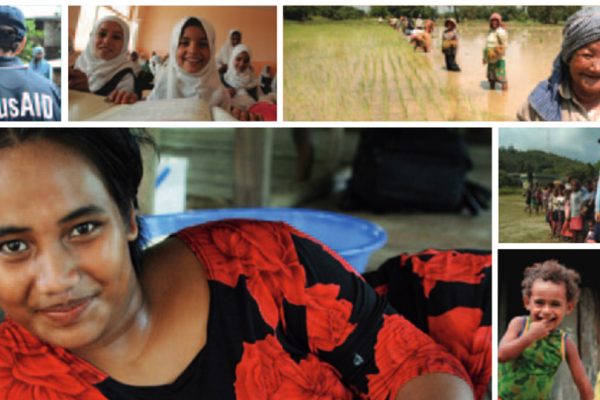
Last year, the Australian Government commissioned an independent review of its overseas aid program, AusAID, to examine the effectiveness of the current program and recommend improvements. The study's findings, which were published in an April 2011 report, found that AusAID's overall performance was effective, particularly in Bangladesh where it has delivered key improvements in education, health, and reducing extreme poverty. The review cites that these results have been achieved through a range of partnerships with NGOs, most notably BRAC. In a resounding endorsement, the review panel argued that "BRAC is a good example of an effective local NGO that Australia can confidently support."
May 24, 2011
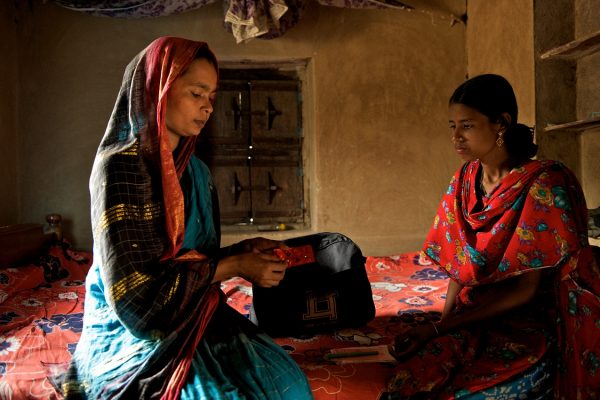
Published by BRAC at May 24 2011
Categories
“The garment industry is the largest export earning sector in Bangladesh, and our workers are the backbone that we depend on. We must take care of their health if we want to take care of the health of our country,” stated Mr. Masud Quader Mona, Chairman of Standing Committee on TB for Bangladesh Garment Manufacturers Export Association (BGMEA).
May 10, 2011
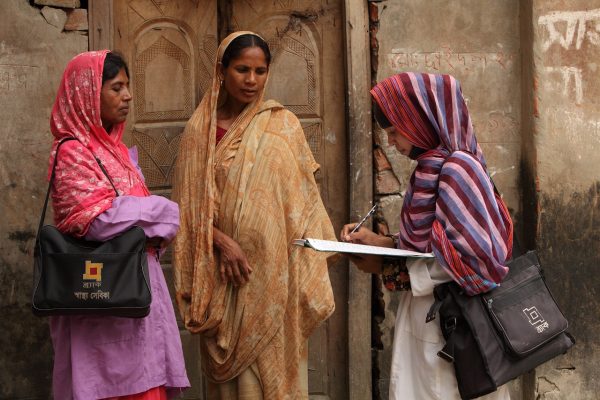
January 12, 2011
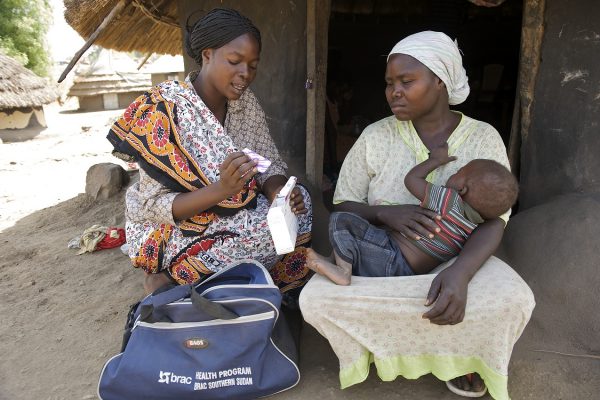
BRAC's Essential Health Care is a project that trains Community Health Volunteers (CHV) to serve the health needs of her community, with particular attention to poor women and children. CHVs also serve as self employed micro entrepreneurs who go door to door to sell essential healthcare products such as soap, water guard, ORS and condoms. They visit around 15 houses a day to educate those people on health issues and check on their health status.

